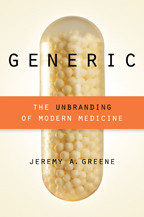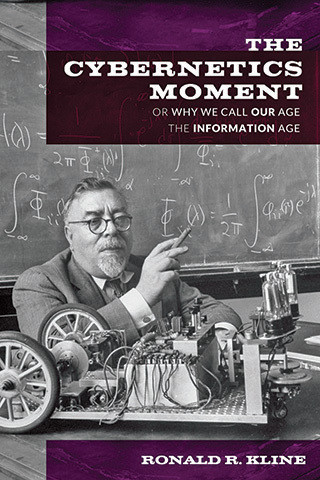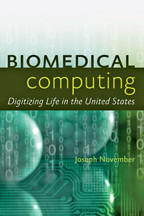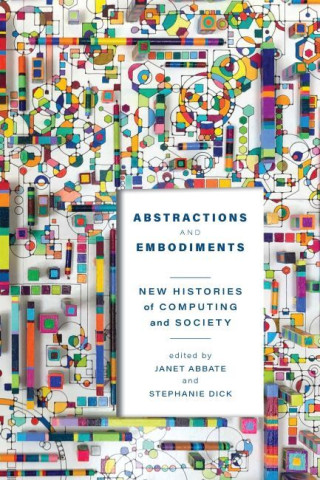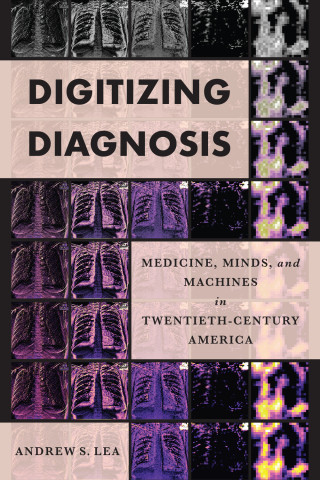
Reviews
[Digitizing Diagnosis] is a superb addition to the history of medicine and science.
This fascinating book provides insights into the impact of computerisation on medical practice in the Mid-Twentieth Century....I highly recommend it as an introduction to the emergence of contemporary computerised medicine.
Digitizing Diagnosis is an informative book that uses specific case studies to show how the medical profession has developed over the last half century. It is a relevant book for those who wish to understand the complexity of medical diagnostic practices better, those wishing to learn more about the history of digitization in the medical field, and those interested in questions concerning the value-neutrality and value-ladenness of technological [artifacts].
In Digitizing Diagnosis, Lea has written a thoughtful study of how the computerization of different tools within the medical profession has transformed not only medical care but the idea of the patient, the doctor, and of disease itself.
Physicians have promised for decades that computers will transform medicine, but the promised land has not been reached. In this brilliant analysis Lea traces the hopes and fears that have characterized medical computing for decades. Efforts to transform medicine into computerized algorithms have paradoxically revealed how human medicine must be.
If a central medical practice is to identify and name pathology—to diagnose that which ails us—how diagnosis has shifted since computational medicine has received scant scholarly attention. In his stunning book, Andrew Lea charts the clinical usage of computational media as it becomes instrumental to care. An essential read for anyone interested in medicine, both in its history and as it is practiced now.
Beautifully written and full of insight, Digitizing Diagnosis explores the unmet potential of the digital computer as a tool to transform health care. Lea's clear voice as a historian and clinician demonstrates that technological failings and moral panics explicit in early medical computing continue to haunt attempts to deliver digital health today.
Book Details
Acknowledgments
Introduction
Part I: Patient
1. Indexing the World
2. The Statistical Patient
Part II: Disease
3. The Disease Concept Incarnate
4. The Medical Mind
Part III: Physician
5. MYCIN Explains Itself
6
Acknowledgments
Introduction
Part I: Patient
1. Indexing the World
2. The Statistical Patient
Part II: Disease
3. The Disease Concept Incarnate
4. The Medical Mind
Part III: Physician
5. MYCIN Explains Itself
6. "Hidden in the Code"
Conclusion
Abbreviations of Cited Archival Sources
Index
Notes
